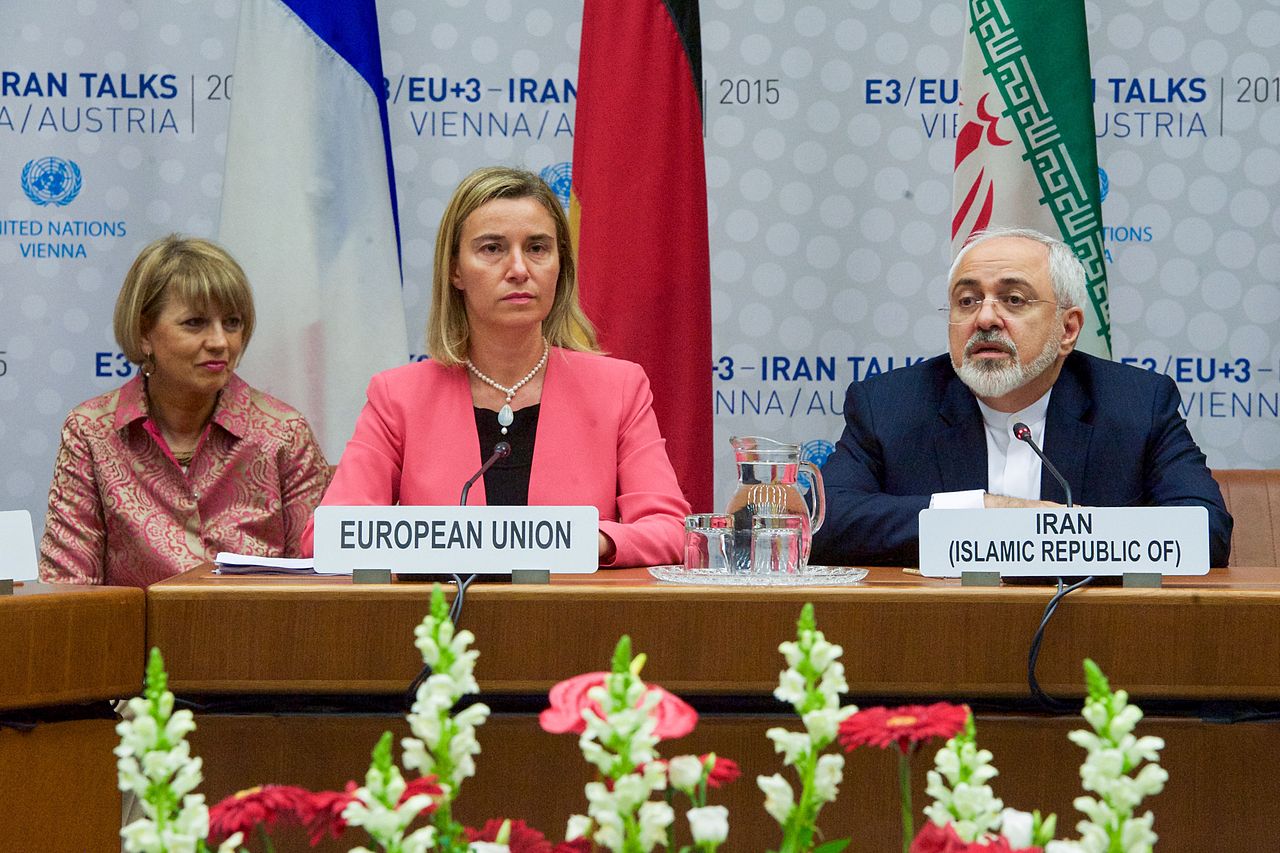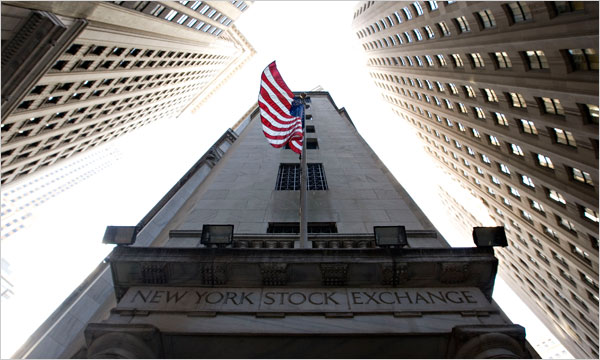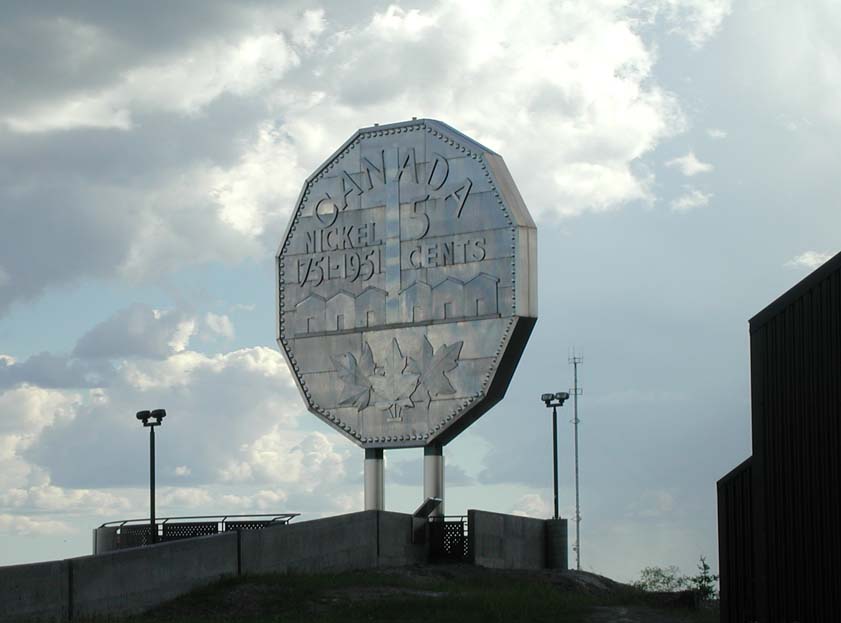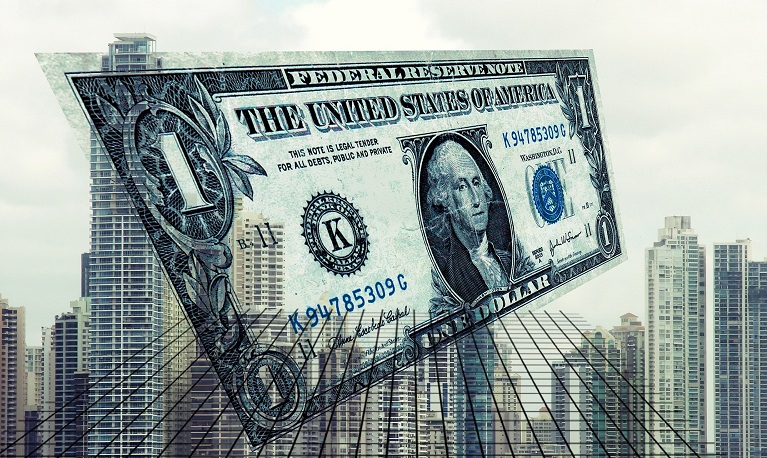On July 14, Iran and the permanent members of the UN Security Council signed the Joint Comprehensive Plan of Action. In this agreement, Iran promised to reduce its supply of low-enriched uranium, eliminate its stockpile of medium-enriched uranium and cut two-thirds of its centrifuges for a minimum of 15 years. In exchange for its compliance, the nuclear-related sanctions imposed on Iran by the United States, European Union [EU] and the UNSC will be relieved. Though this deal is designed to strengthen the international nuclear peace, it will undoubtedly enhance trade relations between Iran and the western world. While the Iran deal still remains highly controversial in the U.S., an influx of European ministers and business interests are eager to revive trade relations with Iran.
On July 19 2015, only five days after the deal was signed, German Vice Chancellor Sigmar Gabriel travelled to Iran with representatives from major German corporations such as Siemens and Volkswagen. Soon after the visit, delegates from France, the United Kingdom and Italy followed suit. The Italians have even invited Iranian President Hassan Rouhani to come to Rome in November. They also plan on sending a 150 person trade delegation to Tehran in the same month.
Ultimately, it is in the European economic interest to pursue a policy of enhanced trade with Iran. After the EU imposed sanctions on Tehran in 2011, EU-Iran trade plummeted to approximately $10 billion per annum. According to recent speculation, this figure will swiftly and easily ascend to $30 billion once sanctions are lifted.
While American firms are restricted in the type of trade they can conduct with Iran, the trajectory of recent events indicates that several EU economies will continue to open up to Tehran. Iran provides the Europeans with a vast and grossly underserviced market for manufactured goods. Iran is in desperate need of modern civilian aircraft and pharmaceutical products. European companies such as Airbus and GlaxoSmithKline can service those needs. In essence, the current economic situation in Iran is especially opportune for the EU considering the export-driven specialization of its largest economies.
In addition to exports, several EU member-states have expressed a desire to import Iranian oil. The UK government stated that oil negotiations were a critical part of its trade agenda with Tehran. A spokesperson from Spanish multinational Compania Espanola de Petroleos told Reuters “If sanctions are lifted, as it seems, Iranian crudes will definitively be again another alternative to consider”. For several European nations, an Iranian entrance into the global oil and gas market comes as a welcome development. It will allow EU nations to weaken their dependence on Russian oil. Additionally, an increased global supply of oil will likely reduce international prices. As net-consumers of oil, such a situation will be to Europe’s benefit.
Desire for closer trade relations does not, however, come without its challenges. Iran lacks a transparent legal system and reliable regulatory framework. It also has a poor record when it comes to corruption and the protection of intellectual property rights. Furthermore, conservatives in the Iranian political elite will likely look upon foreign investors with distrust and suspicion thus limiting engagement. All are factors that will surely hinder trade and undermine investor confidence. Furthermore, political pressures from within the EU to act with caution and restraint will also detract from an environment of openness with Iran.
At present, it appears that there is a trend among major European economies to grow and revitalize trade with the Islamic Republic of Iran. Nations like Germany, France and the United Kingdom have carried out the initial steps of such a process. However, when dealing with a regime with a long history of instability and dishonesty, the future of trade between Europe and Iran is far from certain. What can be determined, however, is that Europe stands to benefit economically from the reintegration of Iran into the global economy. If Iran chooses to honour the substance of the recent nuclear deal, the world will witness the ascension of a mutually equitable economic relationship between two historic adversaries: East and West.




